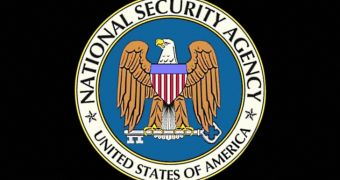It was only a week ago that it was revealed the NSA had been spying on Brazilian oil company Petrobras, along with Google and SWIFT, the international network uniting some ten thousand banks.
Now, German newspaper Der Spiegel reports that the NSA is interested in international payments processed by companies, including Visa.
According to documents leaked by Edward Snowden, the entire operation is conducted by a branch called “Follow the Money” (FTM). The collected information flows into NSA’s financial database, called “Tracfin,” containing some 180 million records according to a 2011 document.
About 84 percent of the data in this database comes from credit card transactions.
Other NSA documents, dated 2010, show the NSA targets transactions made by customers of companies such as VISA. NSA gaining access to the company’s database is marked as one of the agency’s big successes.
Mostly, it seems, the US intelligence agency was looking for information on customers from Europe, Africa, and the Middle East, looking to collect, parse, and ingest transactional data “for priority credit card associations, focusing on priority geographic regions.”
VISA denies that such a thing could be possible but, then again, so have other companies in the past.
The fact that the NSA has data from the Society of Worldwide Interbank Financial Telecommunication (SWIFT) is also verified by documents seen by Der Spiegel. Named as a “target,” SWIFT was spied upon on several levels. It seems that the US intelligence agency accessed the data by reading “SWIFT printer traffic from numerous banks.”
According to documents from the GCHQ, the British NSA counterpart, the agency’s employees were concerned about spying on the finance system, particularly due to the legal perspectives of such data.
The document shows that the collection, storage, and sharing of politically sensitive data is a deep invasion of privacy, especially since it involved “bulk data” and “rich personal information,” most of which was not about their targets.

 14 DAY TRIAL //
14 DAY TRIAL //